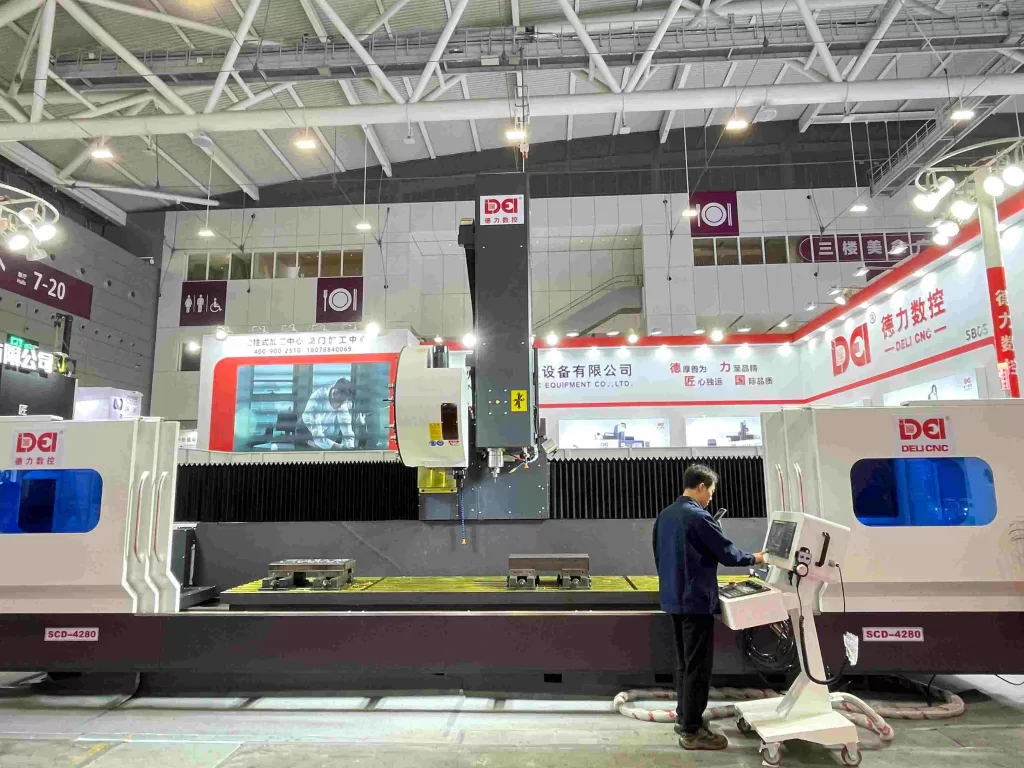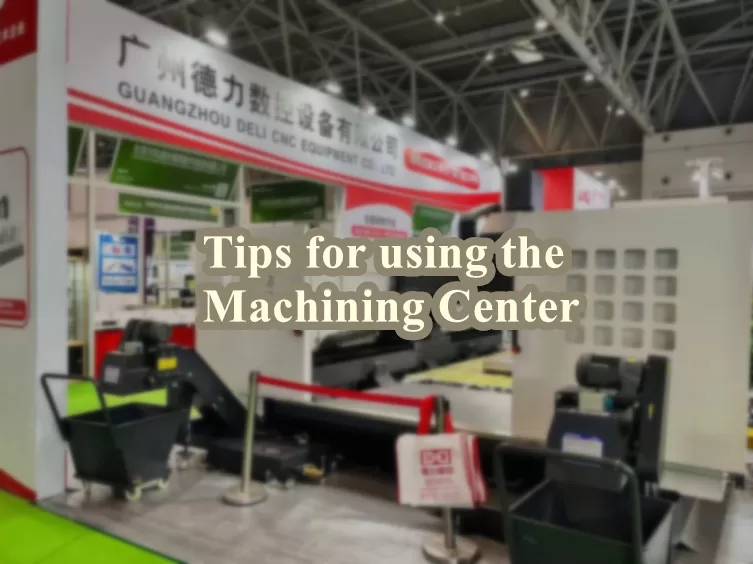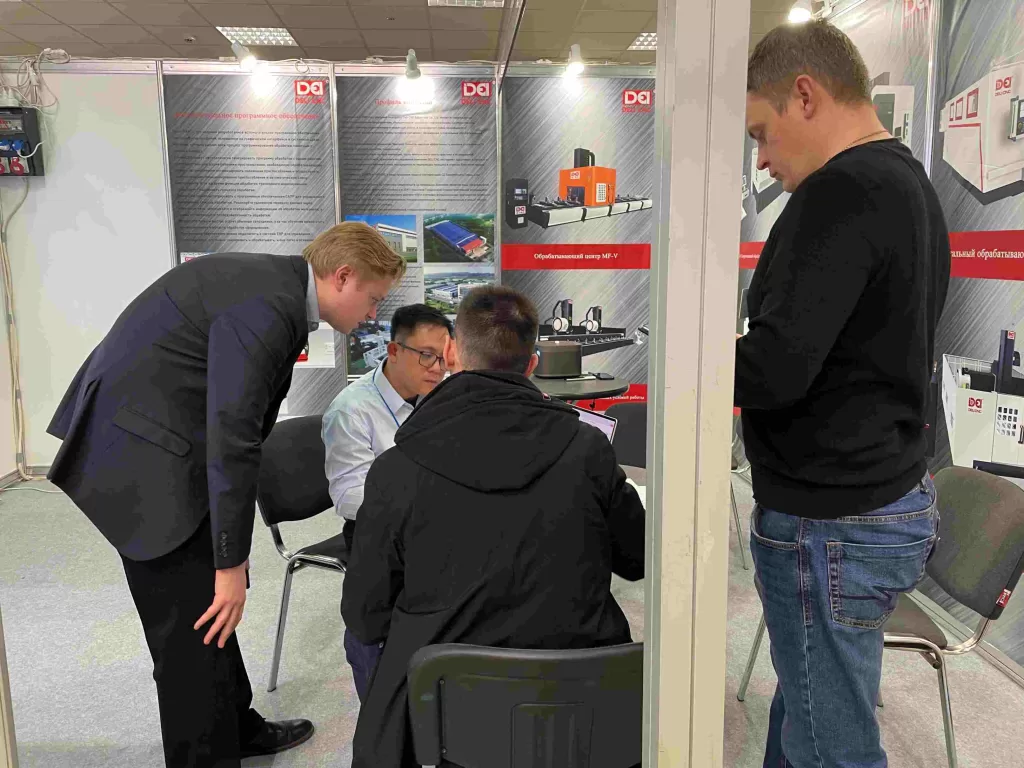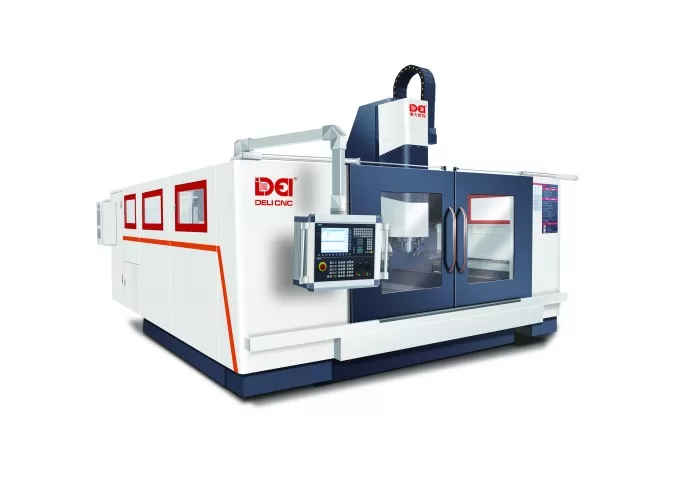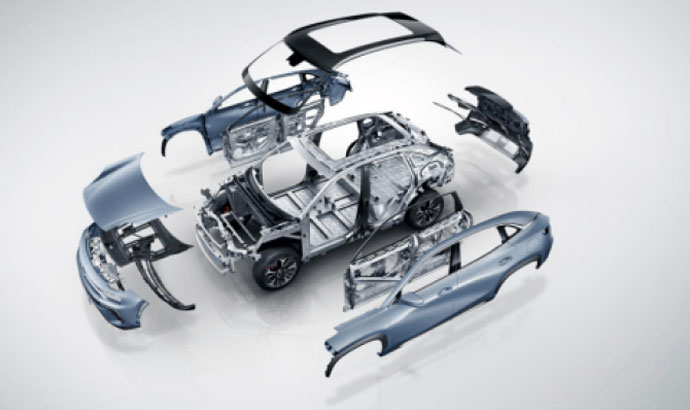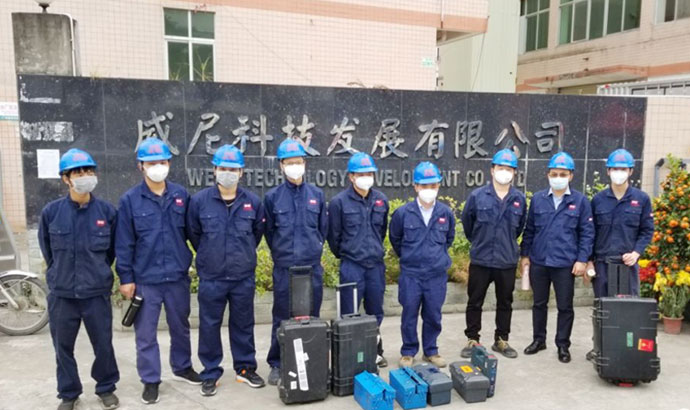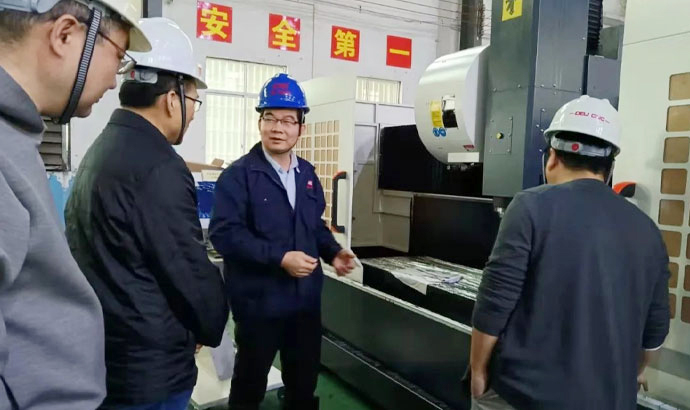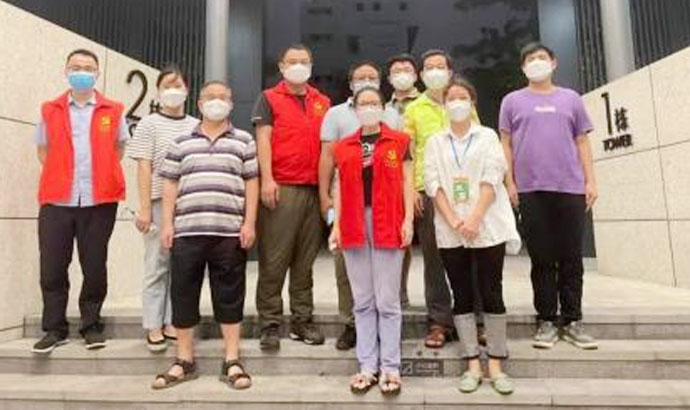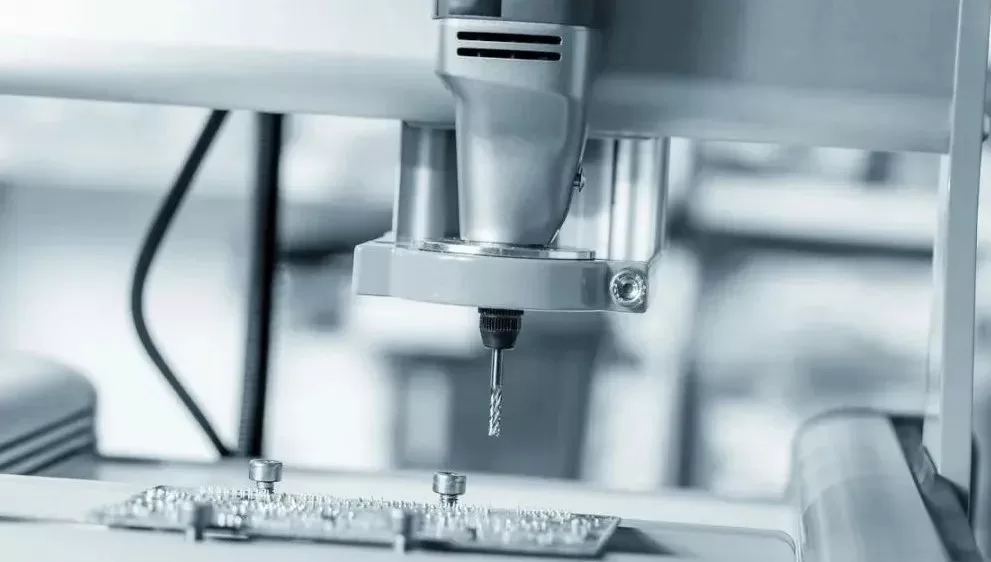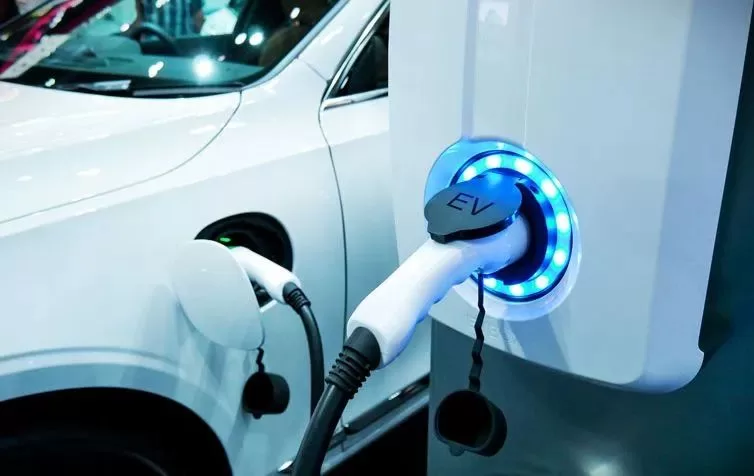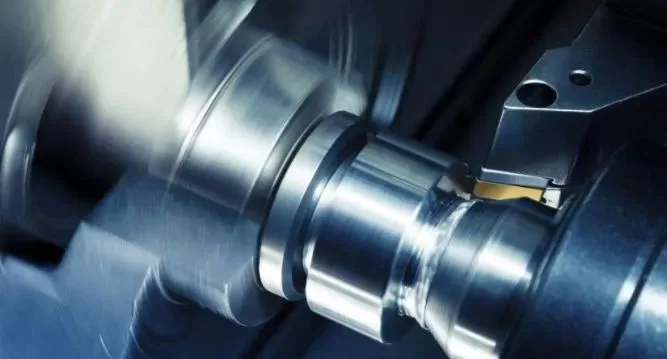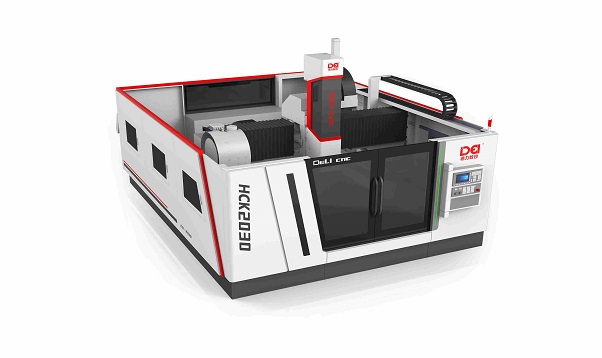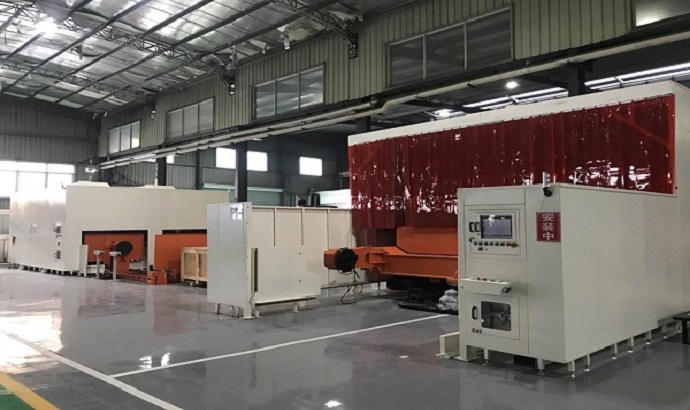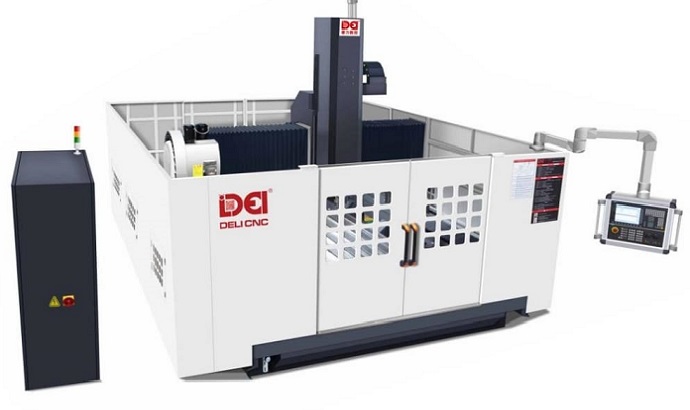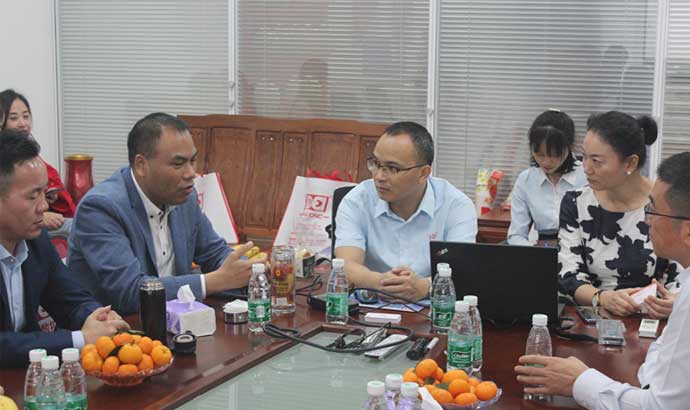Enlightenment of changes in the automobile industry on the machine tool industry
The world’s automobile industry is entering a period of change that only occurs once in a century. Against the background of increasingly stringent environmental protection regulations in various countries and regions around the world, vehicle companies and parts companies are working hard to introduce models with high environmental performance. Companies (car companies) are stepping up their efforts to develop and manufacture models with zero carbon dioxide emissions during driving, such as Electric vehicles (hereinafter referred to as EV) and fuel cell vehicles (hereinafter referred to as FCV).
Vehicle electrification is a measure taken by automakers to cope with increasingly stringent environmental regulations. In addition to EV and FCV, vehicles such as hybrid electric vehicles (HEV) and plug-in hybrid vehicles (PHV) are also typical examples. The development of vehicles that can reduce CO2 emissions while driving has expanded since the 2010, by adding electric technology such as HEVs and PHV to conventional internal combustion vehicles, as well as EV and FCV equipped with different drive sources. In the 2020, especially with the expansion of EV production and sales, electrification will become an essential technology.
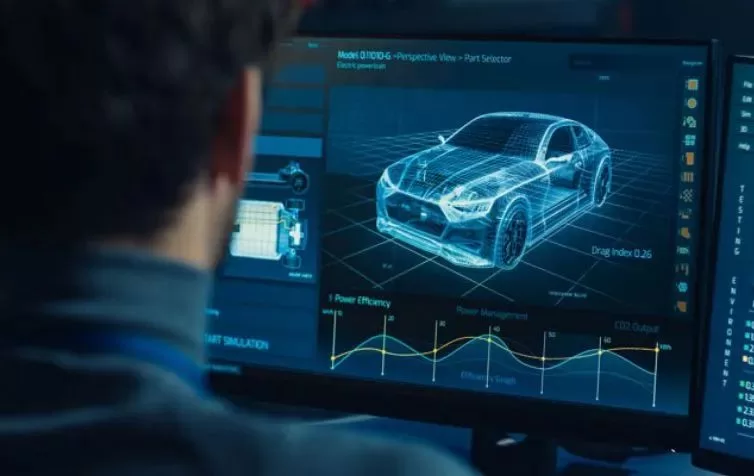
Judging from the top 10 companies in global sales as of 2020, many companies have announced that they will enter the electric vehicle market after 2030.
With this shift toward vehicle electrification, automakers are also beginning to review their production systems. There is no doubt that by 2030, the production system will be reorganized, new departments will be created to accelerate the shift to EV, and the production of electronic and electrical components will increase.
Among these related components, the next generation of batteries will become the focus of attention in 2030. In order to expand the scope of use of EV, a common issue is the urgent need to reduce vehicle costs and extend cruising range. As of 2020, the research and development of all-solid-state batteries that have attracted much attention among the new generation of batteries has just begun. Not only battery manufacturers, but also automobile manufacturers have begun to participate in research and development.
The shift to EV, the introduction of autonomous vehicle technology, and environmental changes such as CASE (Connected, Autonomous, Shared & Service, Electric) and MaaS (Mobility as a Service, mobility as a service) mean that we will be able to travel faster than ever before responsive to the innovations being developed. Therefore, investment in production facilities is expected to increase further.
-
28-11-2023Deli CNC appeared at DMP Greater Bay Area Industrial Expo
-
20-11-2023Tips for using the Machining Center(3)
-
14-11-2023Tips for using the Machining Center(2)
-
08-11-2023Tips for using the Machining Center : How to set the tool in the machining center?
-
27-10-2023DELI CNC in the TECHNOFORUM & RUSWELD 2023
-
25-10-2023Analysis of CNC machine tools
-
23-09-2022Deli CNC’s Role in New Energy Vehicle Manufacturing
-
23-09-2022Deli CNC Helps the Epidemic Production War! Increase Production Capacity of Masks
-
23-09-2022The Innovation Center Working Group Visited the Shareholder Company Deli CNC
-
23-09-2022Guangzhou Deli CNC, A Caring Enterprise of China’s Civil Construction, Donated Anti-epidemic Materials in Baiyun District
-
05-12-2023Metal processing industry in Automotive manufacturing
-
03-11-2023Prospects for the Metal processing industry in Automotive manufacturing
-
31-10-2023Industry Observation丨Many Chinese new energy vehicle industry chain companies have received capital investment from the Middle East
-
20-10-2023Explore new development trends in the Metal Processing industry
-
17-10-2023Enlightenment of changes in the automobile industry on the machine tool industry
-
06-03-2023How Does 5 Axis CNC Machining Technology Change Automobile And Aviation Manufacturing?
-
14-12-2022CNC Five-axis Machining Center Creates The High-end Tools Market
-
22-11-2022What Is CNC Machining Center Equipment ?
-
23-09-2022Deli CNC Warmly Welcomes the Exchange Group of Guangdong Door and Window Association to Visit and Exchange


